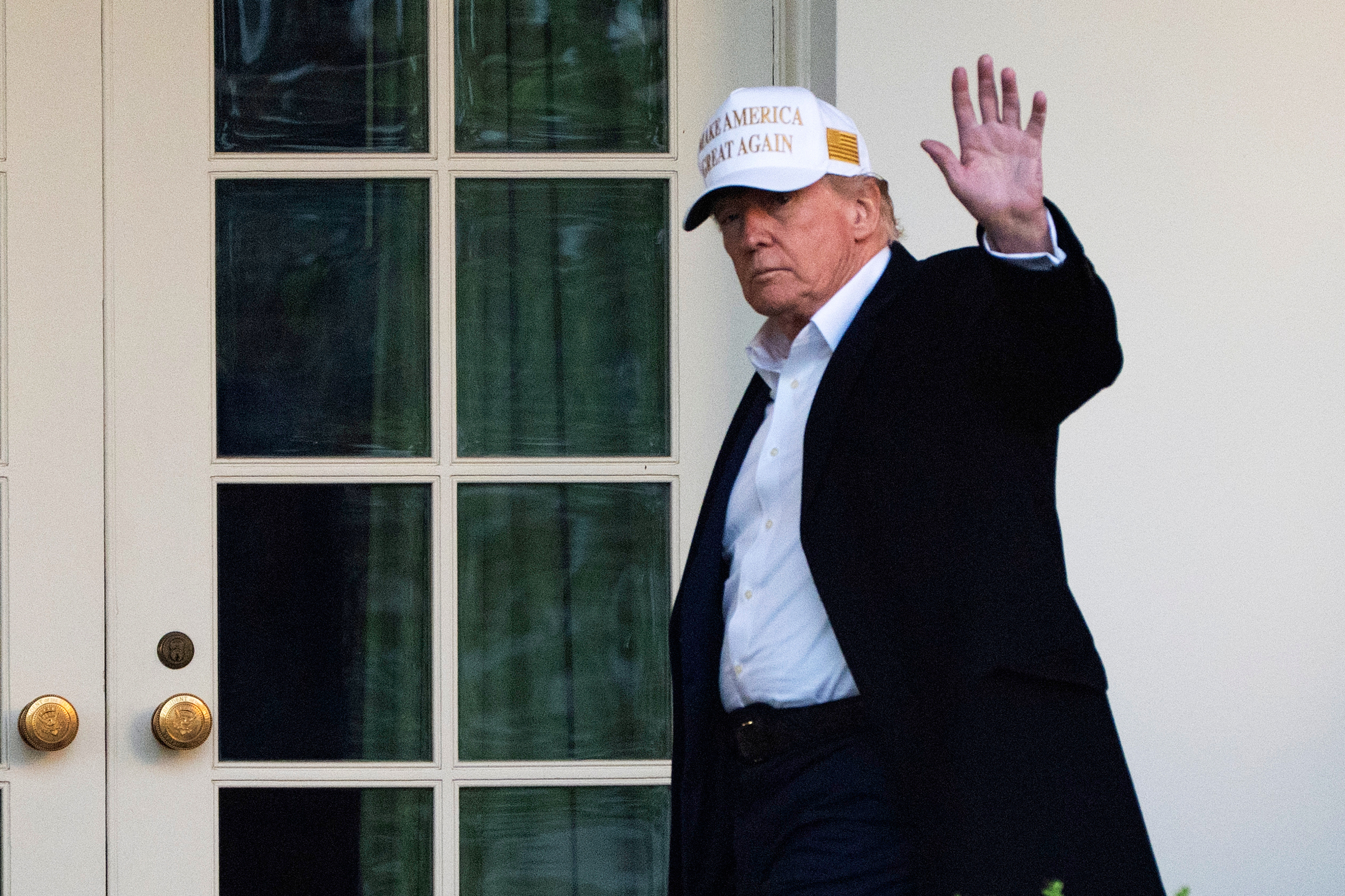On 7/7/2025, US President Donald Trump issued an executive order directing federal agencies to increase enforcement of provisions within the "Build Back Better Act" (OBBBA) to eliminate or modify tax incentives for wind and solar projects.
In the order, he assessed these renewable energy sources as unreliable, costly, and undermining more stable energy sources. They are also alleged to make the US dependent on foreign-controlled supply chains, while negatively impacting the natural environment and the national power grid.
Therefore, the President requested the Department of the Treasury to phase out subsidies for wind and solar energy projects, as outlined in the OBBBA. Concurrently, the Department of the Interior is tasked with reviewing and adjusting policies that favor renewable energy over other energy sources.
Both agencies must submit reports to the White House within 45 days, outlining the actions taken as directed.
 |
President Donald Trump at the White House on 27/4. _Photo: AP_ |
The OBBBA stipulates the termination of tax incentives for renewable energy after 2026, applying to projects not yet started. Wind and solar projects commencing after that time must be operational before the end of 2027 to qualify for incentives. Under previous regulations, renewable energy project developers could receive tax subsidies of up to 30% until 2032.
Research firm Energy Innovation predicts the OBBBA will reduce US power capacity by 300 GW, just as electricity demand increases for the first time in two decades, driven by the growth of data centers and artificial intelligence technology.
The American Clean Power (ACP) estimates that electricity demand from data centers has exceeded 100 GW. "The passage of this act is a major turning point in federal policy, disrupting the good-faith investments of American businesses in powering the economy and creating hundreds of thousands of jobs," said ACP President Jason Grumet.
Investment bank Jefferies forecasts that the phasing out of wind and solar subsidies will lead to a "medium-term rush" to secure incentives, thereby accelerating project deployment in the next few years. However, after that period, investors will be forced to reassess the feasibility of renewable energy projects without incentives.
Phien An (_via Reuters_)












